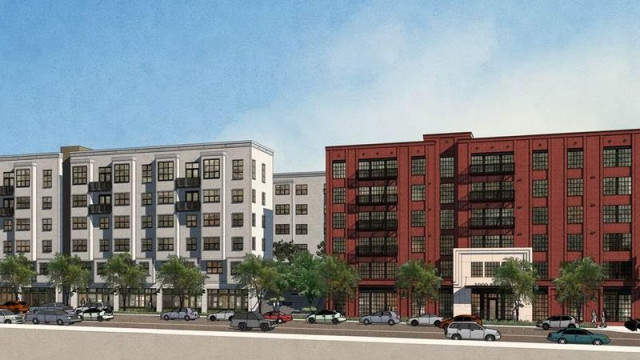The Board of Supes put a measure to protect artist workspace and blue-collar jobs on the ballot yesterday after a long discussion about why this has to get voter approval.
That debate was punctuated by some stunningly disingenuous remarks by Sups. Scott Wiener and Mark Farrell, who said this issue should have been dealt with by the board – but who have put two measures of their own on the ballot that could have been addressed the same way.
There’s no secret what’s going on here. Farrell and Wiener want to have anti-homeless measures on the ballot to create a wedge issue to attack progressive candidates. There’s no way the 6-5 majority on the board would have approved these harsh and pointless laws, so they used their power under the City Charter to put them on the ballot with just four signatures.
Kim’s measure had at least six votes – but not eight, and if she had gone the legislative route, everyone knows the mayor would have vetoed it. Mayor Ed Lee supports the tech industry and the developers who are rapidly taking low-cost production, distribution, and repair space and arts space and turning it into luxury condos and tech offices.
So both sides have gone directly to the voters.
In a perfect world, as Sup. Aaron Peskin noted, the board would do its job and only ask the voters to weigh in on Charter amendments, bonds, and taxes, as required by local and state law. But the city Charter, written in 1932, addressed another problem: At that time, Peskin said, most of the board was utterly corrupt, and many members were indicted. The only way to get a fair hearing on some issues was to go directly to the voters.
In this era, it’s less that sort of outright corruption and more the fact that the board is deeply divided between people who have a very different vision of the city – and the mayor is a total captive of the tech and development industry.
So some things simply have to go to the voters.
John Elberling, director of TODCO, pointed out the problem: “There has been catastrophic displacement of arts space and PDR, and for five years, the city has done nothing about it,” he testified.
Eric Arguello, who works with Calle 24, noted that Cell Space is gone, Galleria de la Raza is having trouble getting a new lease, Dance Mission is having trouble getting a new lease – and all over the Mission, cultural heritage is under attack.
“We are bleeding blue-collar jobs,” he said, noting that some studies show more than 20 percent unemployment in the Latino community (while the mayor brags about the city’s overall unemployment rate, which shows that white people with engineering degrees who moved here recently are doing fine).
Flora Davis, an artist who recently lost her studio on Soma after 23 years, noted that of the 43 artists she used to share space with, only 16 remain in the city. The building she moved into in the Mission used to have 60 artists; there are 20 left.
Kim noted that a recent study found that 70 percent of the artists in San Francisco are either being evicted or facing eviction – and the other 30 percent fear it.
So yeah, it’s a crisis. And yeah, the mayor won’t do anything about it – in fact, his Planning Department has allowed vast amounts of PDR space to be converted, some of it illegally.
Sup. Scott Wiener listened to all of that testimony, said he agrees that there is something of an issue here – and then went into a rant about how this doesn’t belong on the ballot. We don’t need to put this before the voters, he said; we need to deal with PDR conversion and zoning in a “collaborative way.” But I don’t think he has ever voted against a PDR conversion or in favor of legislation that would stop industrial space from being torn down for market-rate housing or offices.
The Kim measure, he said, “is extremely strict.” As is has to be; the developers have found was around almost every zoning law in this city.
And then we got into the argument about ballot measures.
Farrell and Wiener both tried to claim that this is the sort of issue that doesn’t belong on the ballot. Kim called their bluff: Sure, she said, although she has been working for more than 18 months with stakeholders on this legislation, she would pull it immediately – if Farrell and Wiener would pull their anti-homeless measures, which not only replicate existing law but never needed to go on the ballot.
Um … no.
So this has nothing to do with the great public policy question of what goes on the ballot, and everything to do with the real politics of San Francisco today. Sorry, Sup. Wiener: The rest is rhetoric and games.
The Kim measure made it to the ballot 7-4, with Wiener, Farrell, and Sups Katy Tang and Malia Cohen voting no.
The future of the Beast on Bryant has been delayed until September — the supes voted to continue that item a few weeks.







